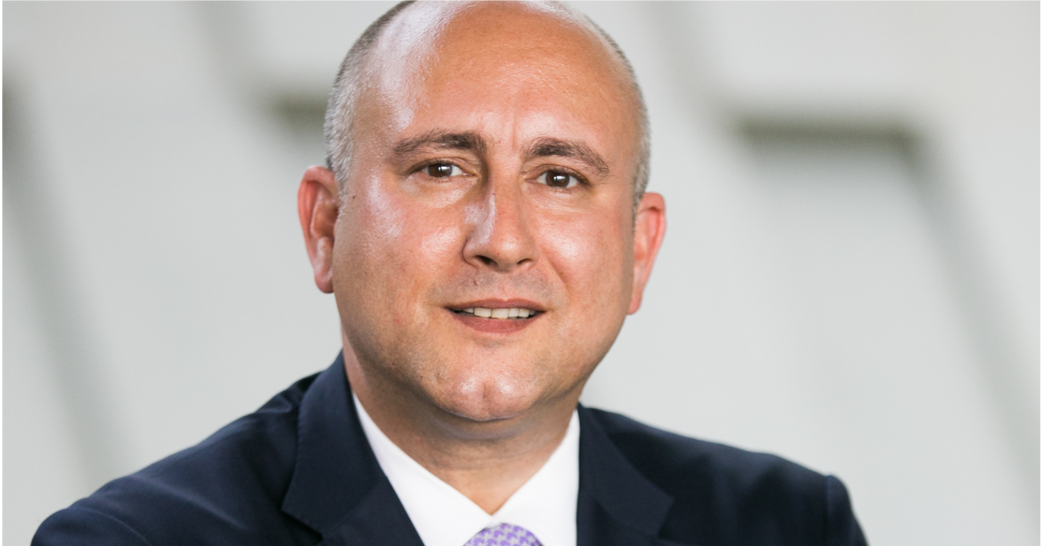Animal spirits are stirring Gulf capital markets
20 October 2020 | Oliver Schutzmann, CEO

Some outcomes of the coronavirus pandemic have been very hard to explain. Why have US stocks continued their meteoric rise, breaking records along the way? Why has the valuation of China’s listed companies passed $10 trillion, another record? Why are some sectors and stocks appearing to defy gravity with their valuations?
Commentators have suggested many reasons, without being able to offer a definitive answer: central bank stimulus; technology firms being able to take advantage of the many “new normal” brought about by Coronavirus; ultra-low interest rates and accelerated digital transformation are just some of the answers.
What is certain is that this crisis seems to have brought opportunities as well as threats. And recent signals from the Arabian Gulf show that this region too is ready to grasp opportunities when they arise. In the Gulf, however, the animal spirits that have been released appear to be focused on the region’s capital markets.
This month, two of the largest banks in Saudi announced they would merge. NCB and Samba produced a creditably detailed announcement of the merger and hosted a call to explain the logic to analysts and investors two days later.
Although the number of IPOs since the pandemic broke out has been low, some companies have taken the plunge. Most recently, Bin Dawood Group in Saudi Arabia came to market with a capitalisation of SR11 billion ($2.9 billion) on the back of an order book of SR107 billion.
Listed firms, too, have been taking advantage of investor interest. In September, Abu Dhabi National Oil Company (ADNOC) announced that it had completed a placement to institutional investors of 1.25 billion shares in ADNOC Distribution. This represents 10 percent of ADNOC Distribution’s total share capital. With that additional 10 per cent placement, valued at $1 billion, the company’s free float will increase to 20 percent, contributing to improved liquidity of ADNOC Distribution shares.
The region’s debt market continued to be active, driven by sovereign issuances including $5.4 billion worth of sukuk by Saudi Arabia and a $385 million bond by Oman.
The first half of the year also experienced some large corporate issuances. First Abu Dhabi Bank raised over AED3 billion ($820 million) via the region’s first Sterling bond and its first Kangaroo issuance since 2014. The Islamic Development Bank (IDB) issued $2.0 billion and $1.5 billion sukuk in February and June, respectively. IDB’s June issue was issued to support coronavirus relief initiatives which involved providing aid to its 57 member countries. Dubai Islamic Bank accessed the market twice in June. The bank first issued a $1.0 billion Sukuk, the first benchmark issue from a regional institution since the onset of the pandemic, followed by an additional $300 million Sukuk.
Meanwhile, stock exchanges across the region are racing to upgrade their offerings and infrastructure to accommodate ever-more sophisticated investors: Abu Dhabi’s ADQ, which wholly owns the Abu Dhabi Securities Exchange, launched Q Market Makers (QMM). The independently managed market maker can access the funding allocated to the Abu Dhabi Economic Stimulus Package to enhance market liquidity. Dubai’s DFM announced the launch of a futures market during the same week.
While the pandemic has shrunk economies around the world – not least in the Gulf through its impact on the oil price – there is a sense of companies and markets preparing for a return to normality and the emergence of new opportunity.
The visible pattern is one of heightened capital markets activity: Public companies are deepening their investor profile; exchanges are adopting new policies and products to attract investors; the banking sector is undergoing a merger trend; the debt markets remain buoyant.
All of this adds up to an increasingly prominent role for capital markets in the future economies of the GCC, and an increasing focus of international institutional investors on the region.
2021 is likely to be an exciting year in the GCC region’s capital markets.
This article originally appeared in Arabian Business magazine (Link)